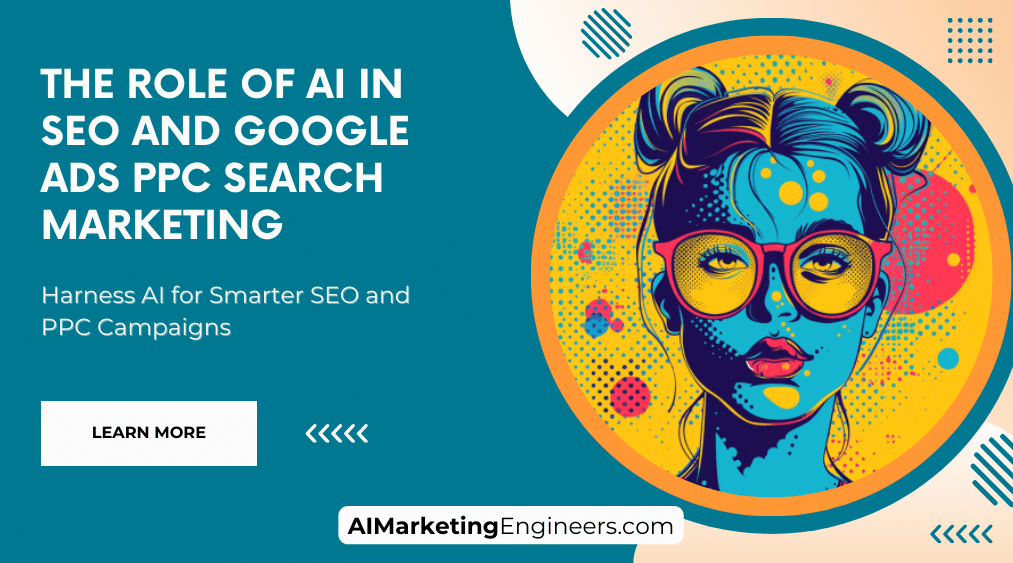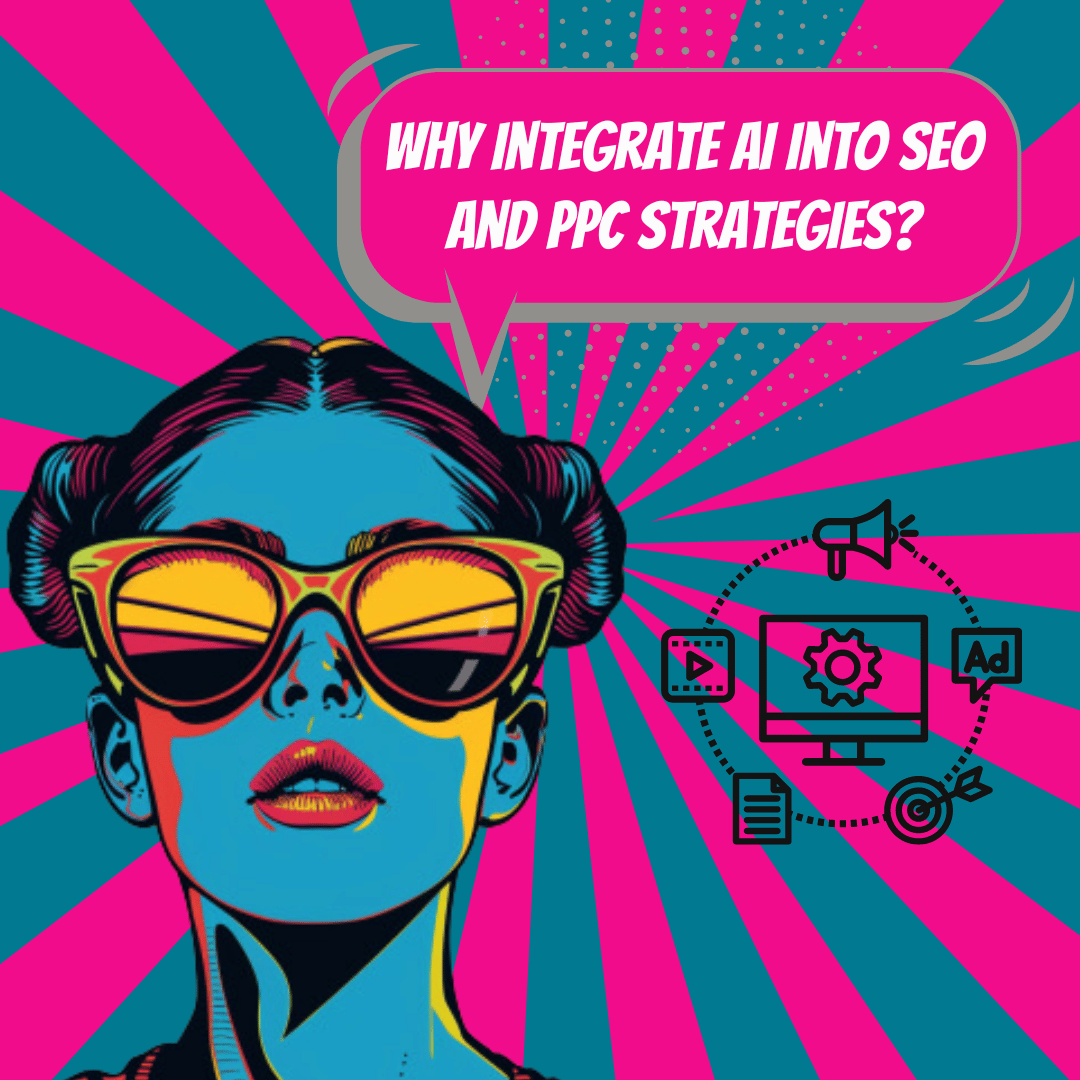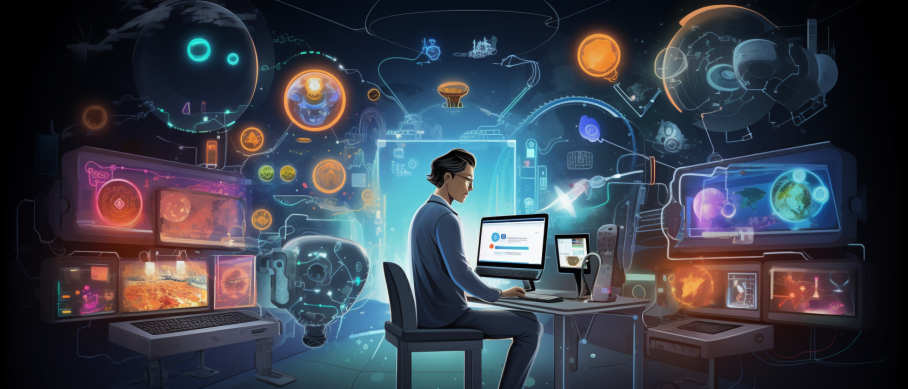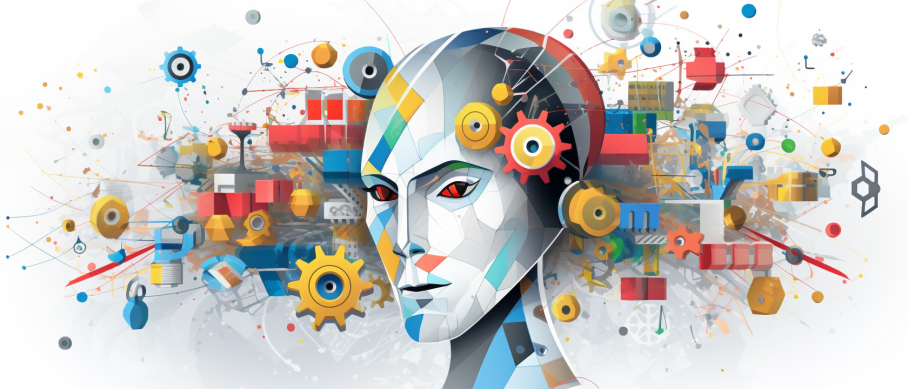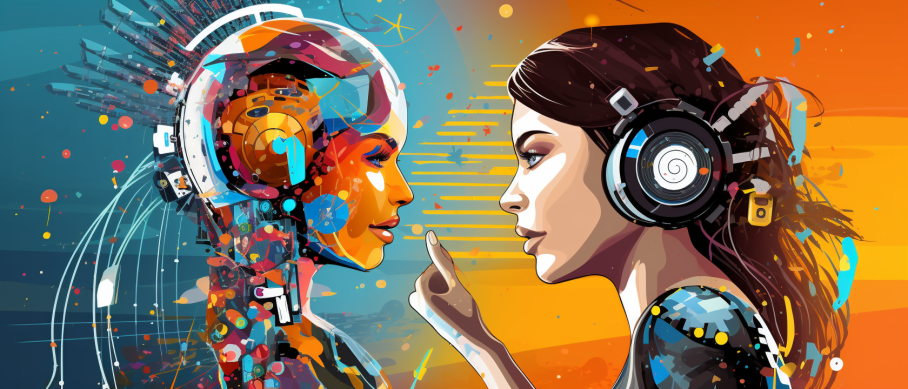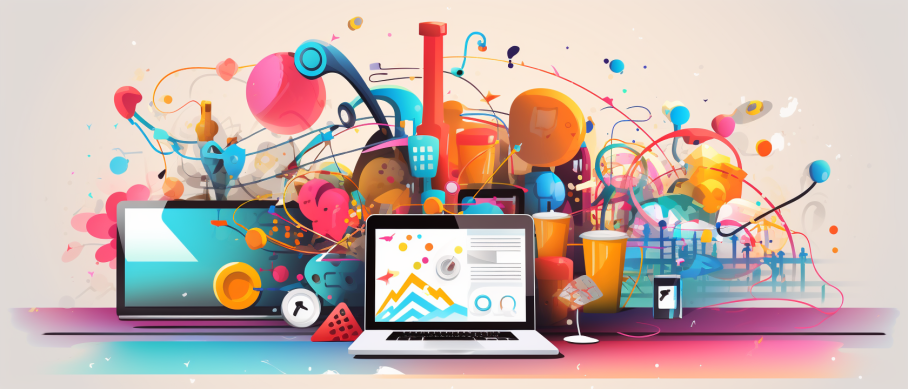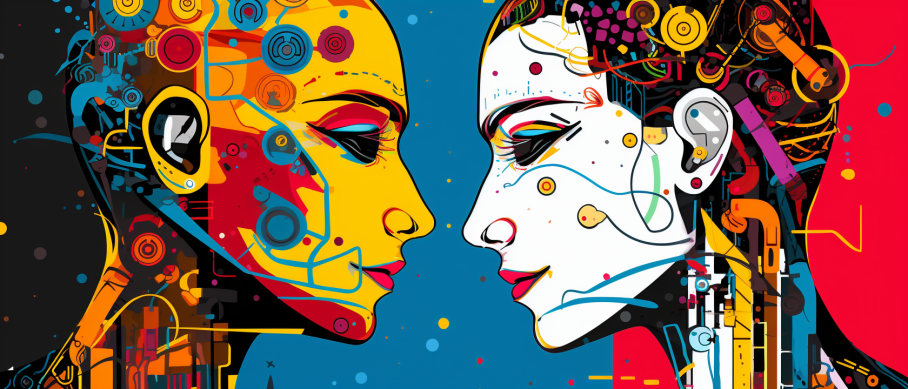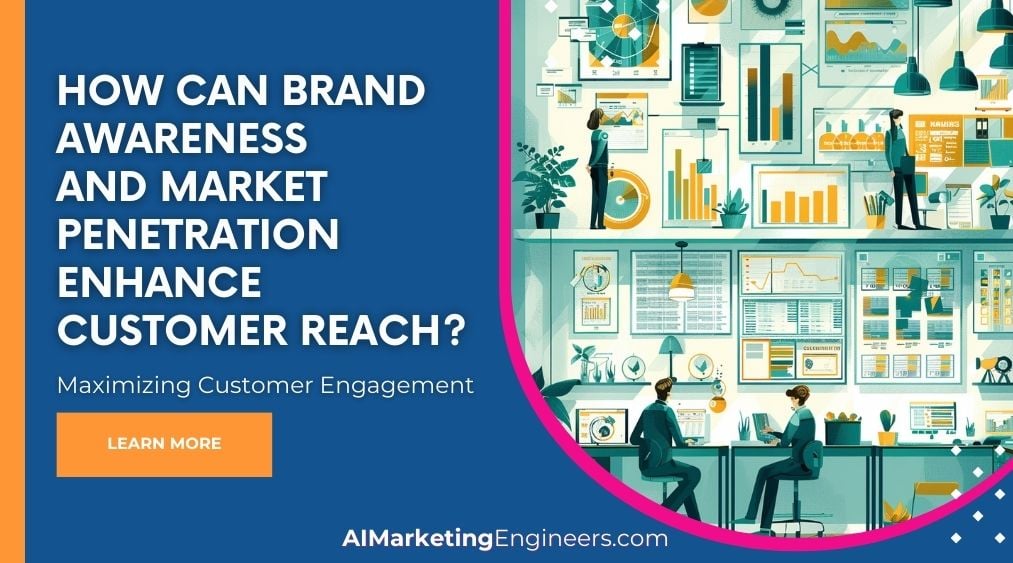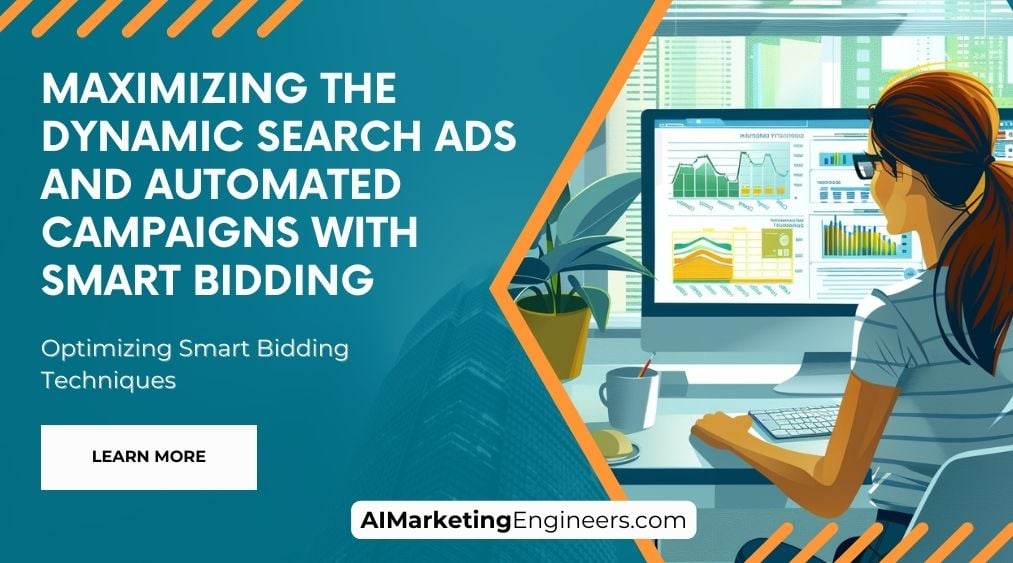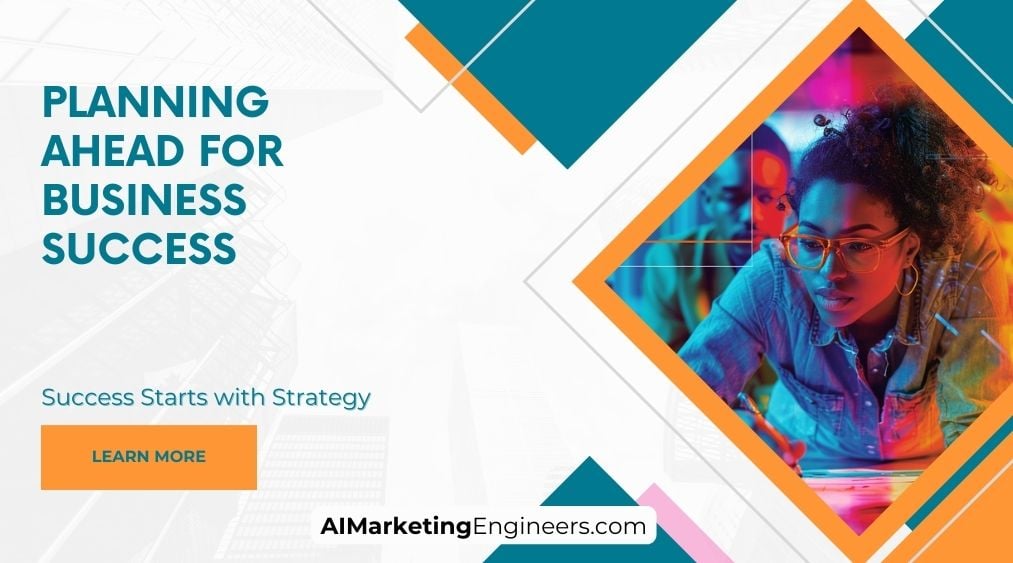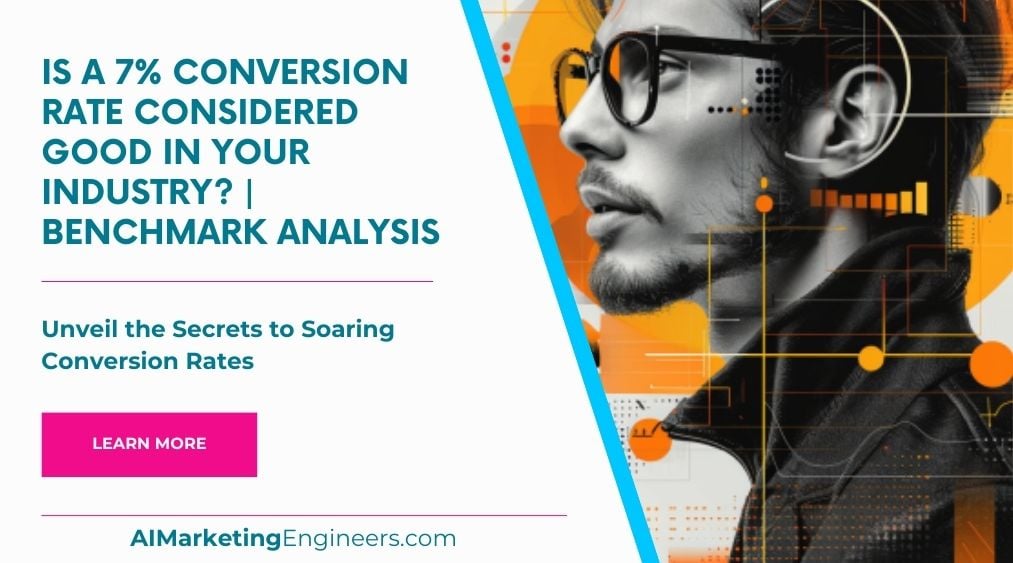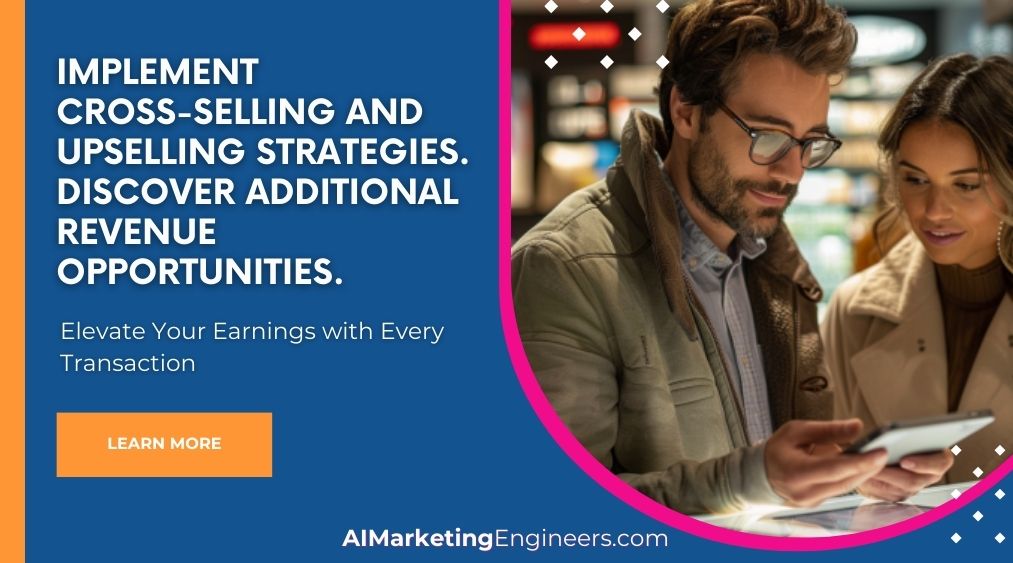Key Takeaways
✅ AI enhances SEO and Google Ads PPC by enabling more accurate keyword research, personalized ad targeting, and predictive analytics for better campaign performance.
✅ Automation through AI streamlines ad management, optimizes bidding strategies, and improves ad relevancy, leading to higher click-through and conversion rates.
✅ AI-powered tools provide deeper insights into user behavior, allowing marketers to refine their content and ad strategies for maximum impact and ROI.
Introduction
In the dynamic world of digital marketing, the integration of Artificial Intelligence (AI) in Search Engine Optimization (SEO) and Google Ads Pay-Per-Click (PPC) search marketing is a game-changer. AI's role in these domains is multifaceted, involving sophisticated data analysis, predictive modeling, and automation that vastly improve the efficiency and effectiveness of marketing strategies.
AI's impact on SEO and PPC is profound. It has revolutionized the way marketers approach search engine rankings and online advertising. AI technologies such as machine learning and natural language processing have given rise to tools and applications that can analyze large datasets, predict consumer behavior, and automate repetitive tasks. This not only saves valuable time and resources but also enables the creation of more targeted, relevant, and successful marketing campaigns.
AI in Keyword Research for PPC
- Revolutionizing Keyword Research:
- AI algorithms have significantly transformed the process of keyword research in PPC campaigns. Traditional methods of keyword research often rely on manual inputs and intuition, but AI introduces a level of depth and precision previously unattainable.
- AI-powered tools can sift through massive amounts of data from search engines, social media platforms, and other digital landscapes to uncover the most profitable and relevant keywords for an ad campaign.
- Identifying Profitable and Relevant Keywords:
- AI excels in uncovering not just popular keywords but also long-tail keywords and niche terms that might be overlooked in manual research. These keywords often have less competition and a higher potential for targeted traffic and conversions.
- AI's ability to analyze search volume, competition levels, and user intent equips advertisers with the insights needed to select keywords that align perfectly with their campaign goals.
- Optimizing Keyword Selection with Historical Data:
- Another critical aspect of AI in PPC is its capacity to analyze historical data and performance metrics. Machine learning algorithms can learn from past campaigns, identifying patterns and trends that signify successful keywords.
- This analysis allows for continuous refinement and optimization of keyword strategies, adapting to changes in market dynamics and consumer behavior.
Bid Optimization with AI in PPC Advertising
- Transforming Bid Optimization:
- AI has significantly improved the process of bid optimization in PPC advertising. Traditional bid management requires constant monitoring and adjustments, but AI automates this process, enabling dynamic and real-time bid adjustments.
- By continuously analyzing data, AI algorithms can make informed decisions on bid adjustments to maximize ad placement and optimize ad spend.
- Dynamic Adjustments and Cost Efficiency:
- AI takes into account various factors such as keyword competitiveness, conversion rates, and budget constraints. It ensures that each bid is optimized to achieve the best possible ad placement at the lowest cost.
- This not only enhances the ROI of PPC campaigns but also ensures that advertisers remain competitive in the ever-evolving digital ad space.
AI-Powered Target Optimization for PPC
In the realm of Pay-Per-Click (PPC) advertising, AI-powered target optimization has emerged as a crucial strategy for enhancing ad campaign performance. By leveraging sophisticated AI algorithms, marketers can now refine their audience targeting with unprecedented precision.
- Refining Audience Targeting:
- AI systems utilize a wealth of user data, encompassing demographics, geographic locations, and psychographic factors like interests and preferences. By analyzing this data, AI can identify nuanced patterns and trends in user behavior.
- This detailed analysis allows for the creation of highly specific audience segments. AI can pinpoint subgroups within a broader audience that exhibit unique characteristics, ensuring that ad campaigns are targeted more efficiently.
- Efficient Subgroup Identification:
- The ability of AI to identify these specific subgroups leads to more efficient and effective targeting. Ads can be tailored to align closely with the interests and behaviors of these subgroups, increasing the likelihood of engagement and conversion.
- For instance, an e-commerce business could use AI to identify a subgroup of customers interested in a particular product category and target ads specifically designed for this group, thereby increasing the relevance and effectiveness of their campaigns.
AI in Ad Creativity and Optimization
The integration of AI in PPC also extends to the realms of ad creativity and optimization.
- Enhancing Ad Creatives:
- AI aids significantly in testing and optimizing various elements of PPC ad creatives, including copy, images, and videos. By using A/B testing, AI can determine which ad variations perform best in terms of engagement and conversion rates.
- AI tools often incorporate natural language processing (NLP) to refine ad copy, ensuring that it resonates with the target audience while maintaining brand voice and message consistency.
- Optimization Through Testing:
- Through continuous testing and data analysis, AI can suggest optimized combinations of ad elements. For example, it might identify which headline or visual element is more effective, allowing marketers to iterate and improve their ads continually.
AI-Driven Ad Scheduling and Placement Optimization
AI's role extends to optimizing ad schedules and placements, ensuring maximum impact and efficiency.
- Optimized Scheduling:
- AI algorithms can predict when users are most likely to engage with ads. Leveraging this information, AI determines the most effective time slots for displaying ads, aligning them with the user's position in the sales funnel.
- This level of optimization ensures that ads are not only seen but are also seen at the most opportune moments, thereby increasing the likelihood of achieving desired actions from the target audience.
- Placement Optimization:
- In addition to timing, AI helps identify the most effective platforms and locations for ad placement. By analyzing where ads have historically performed best in terms of engagement and conversions, AI provides valuable insights for strategic ad placement.
- This data-driven approach leads to more efficient allocation of ad budgets, focusing spending on high-performing channels and reducing waste on underperforming platforms.
Challenges in AI-Powered PPC and SEO
While AI has significantly elevated the capabilities of PPC and SEO strategies, it also introduces certain challenges that businesses must navigate.
- Potential Increase in Advertising Costs:
- One of the challenges with AI-driven efficiency in search results is the potential increase in advertising costs. As AI algorithms become more adept at delivering precise and accurate search results, the competition for visibility increases. This heightened competition can lead to higher costs for sponsored listings and more expensive PPC campaigns.
- Businesses need to be prepared for these cost implications. They must refine their budgeting strategies and be more strategic in their bidding tactics to ensure that their investment in PPC ads remains cost-effective.
- Need for More Targeted Ad Strategies:
- Another challenge is the shift in AI algorithms' preferences. There is a growing trend where AI algorithms may favor organic search results over paid ads. This shift requires businesses to adopt more targeted ad strategies to maintain visibility and effectiveness.
- Companies must focus on creating ads that are highly relevant and personalized to their target audience. This involves deeper understanding and segmentation of the audience, as well as crafting messages that resonate strongly with them.
The Future of AI in SEO and PPC Marketing
Advancements in AI technologies are set to further revolutionize SEO and PPC marketing in several ways.
- Driving Innovation in SEO and PPC Marketing:
- AI technologies like machine learning and natural language processing are expected to drive significant innovation in SEO and PPC marketing. This includes improved keyword research, more efficient bid management, and enhanced targeting and personalization of ads.
- These advancements will allow marketers to create more sophisticated and effective strategies, which are adaptive to the changing behaviors and preferences of their audience.
- Impacts on Personalized Marketing and Campaign Efficiency:
- AI's ability to analyze large datasets will enable even more personalized marketing strategies. Advertisers will be able to create content and ads that cater specifically to the needs and interests of individual users.
- In terms of campaign efficiency, AI will automate and optimize many aspects of SEO and PPC campaigns, from keyword selection to bid management and content optimization, leading to higher ROI and reduced manual effort.
Conclusion
The integration of AI into SEO and PPC marketing has been nothing short of transformative. It has enabled a level of precision, efficiency, and personalization that was previously unattainable. As AI technologies continue to advance, they will undoubtedly unlock new possibilities and further enhance the effectiveness of digital marketing strategies.
Businesses are encouraged to embrace AI in their SEO and PPC strategies to gain a competitive edge and stay abreast of evolving marketing trends. By leveraging AI, companies can not only improve their current marketing efforts but also future-proof their strategies in an increasingly digital world. Adopting AI is no longer just an option but a necessity for those looking to thrive in the dynamic landscape of digital marketing.
